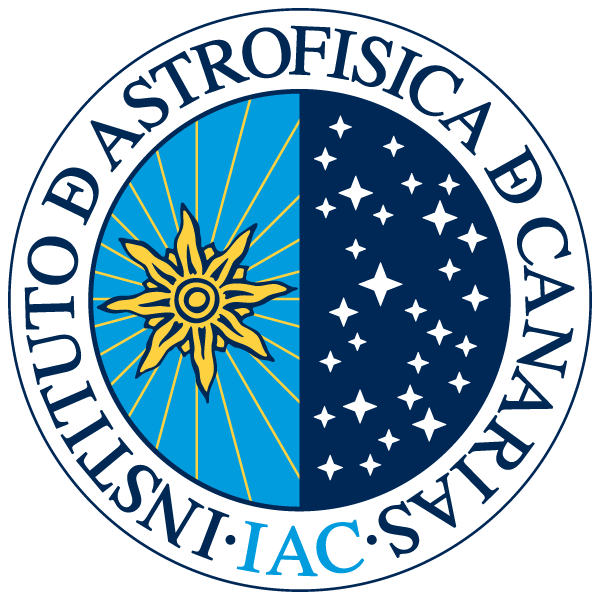Code of conduct
- The Local Organising Committee (LOC) wants to ensure a productive and enjoyable meeting for everyone involved. Such is the one and only objective of this code of conduct. This conference will follow the code of ethics of the IAC.
- All participants are expected to adhere to this code of conduct that must be read prior to the start of the conference. Please refrain from joining the meeting if you expect not to comply with any of the following guidelines. They must be observed at all times: at the conference venue, as well as during the social activities.
- Participants must interact politely and with respect with any other person in the conference, including not only attendees but also support and technical personnel.
- Any discriminatory behavior against colleagues on any basis, such as gender, gender identity, race, ethnic background, national origin, religion, political affiliation, age, marital status, pregnancy, sexual orientation, disabilities or any other reason will not be tolerated during the conference and in any event related to it.
- Derogatory comments or discrimination related to the physical appearance/clothes/external characteristic of any person involved in the conference will not be tolerated.
- Scientific discussions are welcome and encouraged in a respectful environment. Abuse of power, insults, and derogatory comments will not be allowed regardless of the academic position and scientific opinions of the interlocutors. The LOC will guarantee this point is observed during the sessions.
- All communication should be appropriate for a professional audience including people of many different backgrounds. Racist, sexual, or sexist language and/or imagery will not be allowed.
- Participants should be courteous with the opinions of others. Please be mindful not to exclude anyone from discussions and work-related or social activities.
- Harassment will be understood as the use of threats, deliberate intimidation, humiliating/offensive comments, or verbal violence to harm other people. Harassment also includes inappropriate physical contact, sexual attention or innuendo, stalking, and photography or recording of an individual without consent. It can happen once or on several occasions. The LOC will not tolerate any level of harassment during the conference.
- Such behavior will immediately imply the harasser/s will be dismissed from the conference at the sole discretion of the LOC. Legal actions will be considered.
- Any member of the LOC will be protective of this Code of Conduct and participants are welcome to express any concern to them. If an attendee wishes to report a violation of these guidelines, they can confidently talk or send an email to the any member of the LOC.
If you experience or witness behavior that violates this policy, we encourage you to report it in confidence by contacting any member of the LOC. All reports will be treated seriously, respectfully, and confidentially, and handled in accordance with the principles outlined above.
Thank you for helping make this a welcoming, respectful space for all.
